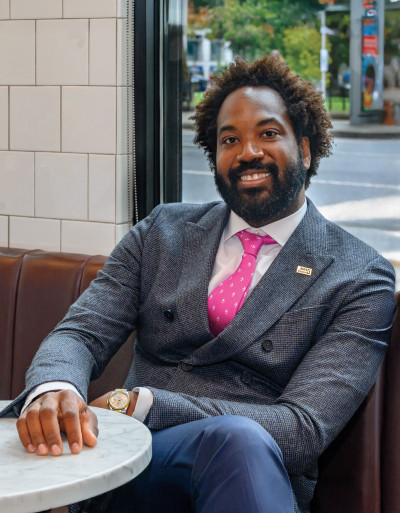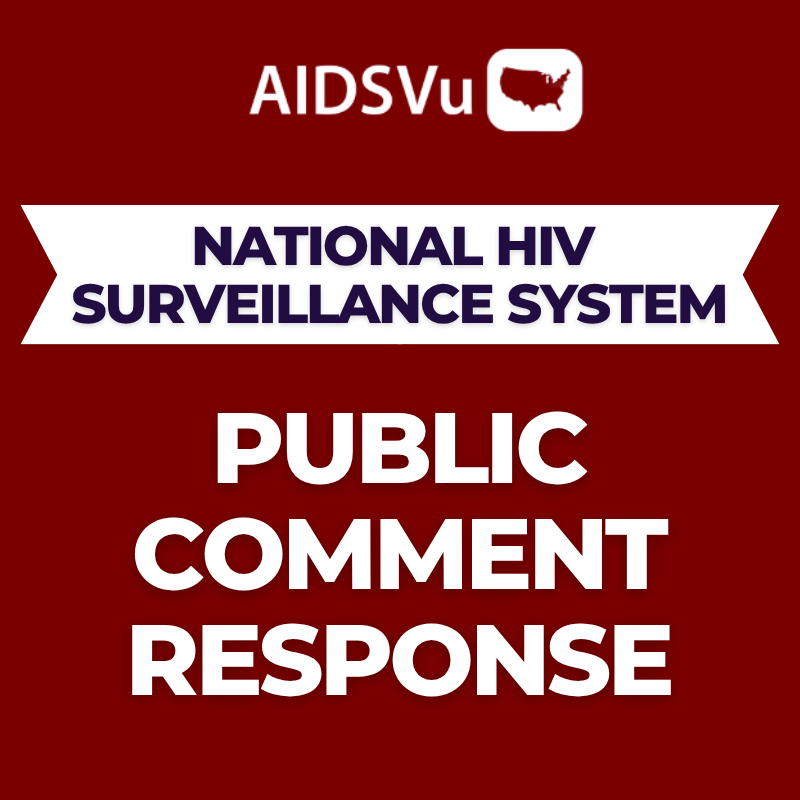Catherine Hanssens, JD, is a consultant on sexual/reproductive health care and criminalization, and founder emerita of The Center for HIV Law and Policy (CHLP).
Q: You have worked to end HIV criminalization laws for over two decades. How have things changed since you began this work, and what changes do you see on the horizon?
So much has changed since the several years before CHLP’s Positive Justice Project (PJP) was launched in 2010, and in the nearly 15 years since. Hardly anyone believed that HIV criminal laws could be challenged, and years after PJP was launched there still wasn’t a single LGBTQ organization that was on board with making decriminalization a policy priority. The majority of people living with HIV (PLHIV) who were polled on the subject supported criminalization. It was nearly impossible to get any major conference, such as USCHA, to include panels on the topic. The CDC was completely unresponsive on this topic.
Today, many HIV organizations, grassroots HIV groups and a number of LGBTQ agencies are engaged in HIV decriminalization efforts; we have a U.S. President who denounced criminalization on World AIDS Day 2022; we have the CDC hosting an entire section on their website about HIV criminal laws and CDC officials criticizing criminalization publicly; on February 15, 2024 the U.S. Department of Justice (DOJ) filed a federal complaint against the State of Tennessee for violating the Americans with Disabilities Act (ADA) by enforcing their aggravated prostitution law against PLHIV, following a complaint CHLP filed several years ago with the DOJ on behalf of a number of individual PLHIV and organizations that serve PLHIV. Prosecutors interested in decriminalization have met twice with White House officials; in July 2022 nearly 50 state prosecutors, attorneys general, federal officials, state HIV directors and national infectious disease experts took part in a historic White House meeting, which CHLP, former ONAP Director Harold Phillips and the Association of Prosecuting Attorneys collaboratively organized to catalyze conversations and identify ways to transform the criminal justice response to HIV.
Most importantly, fourteen states have made significant changes to their HIV specific criminal laws, including two outright repeals. While these state law changes vary widely in terms of their scope and equity, and while there clearly is a lot more we need to do, we have come a very long way from the time when there was only a literal handful of us in the country who thought decriminalization was worth the effort, and from when I was told I was “on a fool’s errand” for arguing that the ADA applied to HIV criminal laws. I think the DOJ’s lawsuit – the first of its kind in the world, let alone the US – represents a sea change that is going to catalyze action against disease criminalization and the targeting of sex workers in particular, and that is thrilling. However, at the same time we are seeing increasing demands for, and community complacency about, inroads against individual privacy and autonomy in HIV care decision-making, from use of a PLHIV’s genetic data to HIV testing without the person’s knowledge or consent in either instance; that is a huge concern.
Q: HIV criminalization is the prosecution and imprisonment of people living with HIV for HIV exposure. What is the history of HIV criminalization laws and how do they continue to impact efforts to end the epidemic in the U.S.?
State laws have had provisions criminalizing sexually transmitted infection or other infectious disease exposure for many decades, but they were almost entirely misdemeanor laws that were rarely enforced in recent times. States began to adopt HIV-specific laws in the 1980’s, some in response to sensationalist reporting about individual cases of alleged transmission, some in response to the concern that standard criminal laws requiring intent might be difficult to enforce against exposure complaints, some because of the concern that penalties attached to applicable criminal laws would not be sufficiently severe. Congress provided additional incentive via the 1990 Ryan White Care Act, which required state grantees to certify that their state laws were sufficient to prosecute intentional HIV exposure. Later versions of the Care Act eliminated that requirement, but most states already had adopted some form of HIV criminal law by 1990 anyway.
The assertion that these laws are a product of the bad old days when “we didn’t know much about HIV” has become boilerplate in virtually every description of HIV criminalization I’ve seen, from white papers to legal complaints, but that’s not strictly true. First, we knew plenty from studies in the mid-and late 1980s about how HIV is transmitted. By the very early 1990s we knew that even treatment with just AZT dramatically reduced transmission rates. And second, state legislators have continued to present day to propose punitive criminal penalties for HIV, viral hepatitis, and other disease exposure despite the availability of treatment that allows a relatively normal life and makes further transmission impossible.
On the whole, people at every level of government and policymaking seem remarkably illiterate on the routes, risks and treatment realities of all STIs, including HIV. I would love to see every state legislative session open with a presentation by an infectious disease expert on “Everything a Policy Maker Should Know About Sex and Disease.” It not only would make decriminalization easier, but it could grease the wheels for other sexual health and prevention programming that we desperately need.
Q: In partnership with CHLP, AIDSVu released data and maps on HIV criminalization across the U.S. in 2021. Have there been any significant changes in criminalization laws since then?
CHLP’s HIV criminal law reform and repeal timeline is up to date. The most significant changes since 2021 were in New Jersey, which did a complete repeal of their HIV criminal law in 2022 but stated that prosecutions could continue under their criminal endangerment law, and for any infectious disease; and Georgia, which reduced its felony punishment of HIV exposure from 10 years to 5 years and excluded some conduct from prosecution.
Q: HIV criminalization laws can vary widely. For example, Tennessee is currently the only state that imposes a lifetime registration as a “violent sex offender” if convicted of engaging in sex work while living with HIV. What impact does a law such as this one have on the quality of life and safety of people who are living with or at risk for HIV?
I am one of a growing number of people who believe that the registry is evil and counterproductive, so I don’t think anyone should be subjected to any length of time as a registrant. Remember that the registry itself is a relatively recent creation of our criminal legal system. And lifetime registration means never being more than a pariah wherever you live, being barred from being alone with young nieces and nephews, not being allowed to pick up your kid at school, go to parent-teacher conferences, live or work in neighborhoods within reach of a school or playground. Registrants have a hellacious time getting even the most menial forms of employment. Registration doesn’t just destroy the life of the registrant; it destroys entire families.
Q: HIV is Not a Crime Awareness Day was founded in 2022 by the Sero Project and the Elizabeth Taylor AIDS Foundation. What would be your message to those working to end HIV criminalization, as well as those impacted by it, on this day?
For years one of my mantras has been that you can’t effectively address HIV by addressing only HIV. Decriminalization campaigns are most effective, and most principled, if they fight for the decriminalization of all disease and recognize the larger context in which oppression of any kind occurs. The criminal legal system has, from its beginning, focused primarily on those whom white society views as “the other” and for related reasons disease has a tougher impact on people closest to society’s margins. I think it’s important to think as broadly as possible about potential allies in these fights. For example, infectious disease experts and law enforcement professionals carry a special credibility with lawmakers and policy makers.
But mostly, I would say that nothing is impossible when you are persistent and rely on a strategy that is legally and factually precise and that leaves no one behind. Understand that HIV decriminalization is part of, and should be treated as, a larger attack on racial, class, gender and disability injustice. Spend a lot more time speaking with policy makers and stakeholders who are outside the HIV bubble. Look at successful campaigns, such as the fight for equal marriage rights that reached far outside the queer community for allies and advocates. Don’t listen to people who tell you “Don’t let the perfect be the enemy of the good” when the “good” still punishes others on the basis of their status or identity. Be brave and if they tell you the train has left the station, figure out how to blow up the tracks.




